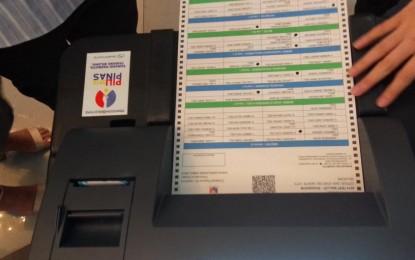The impartiality of an automated elections system is
rooted in the fact that it makes no distinction between who wins or loses. If has
been said that if the system cares about anything at all, it is to count votes
correctly.
This was all too evident during the National and Local
Elections held in May where politicians from across the political spectrum
praised and questioned the results. While the noise seemingly argues against
automated elections, perceptive observers point to this as solid evidence that
the automated system is completely impartial and merely counts votes accurately
with no regard for winners and losers.
After Election Day, an obligatory Random Manual Audit
(RMS) was conducted. The audit established that the
electronic count matched with the paper ballots 99.9953% of the time. The
results from previous automation do not vary much – every automated election in
the Philippines has been marked with extraordinary accuracy.
This has led to a progressively declining
number of protest cases being filed. In the Philippines, as in many other
countries, losing candidates have the right to file a protest to review and
audit a specific contest. Interestingly, not one election protest filed under
the automated system has resulted in a reversal, further attesting to the
impartiality and accuracy
of the system.
Moreover, the impartiality of the automated elections
system has resulted in more
peaceful elections in the Philippines. The country has had a long history
of election-related
violence under manual elections where poll workers have been coerced and
killed in the line of duty.
The cold and dispassionate automated election systems
has, in effect, doused cold water on the overheated Philippine election scene. Unlike
manual, which is interminably long and is subject to human weaknesses, the
counting in AES is over before things can even start to heat up.
The Philippine experience has been showing how
technology can be harnessed to improve elections. It is high time the world
takes notice and take a page from this election automation trailblazer.

